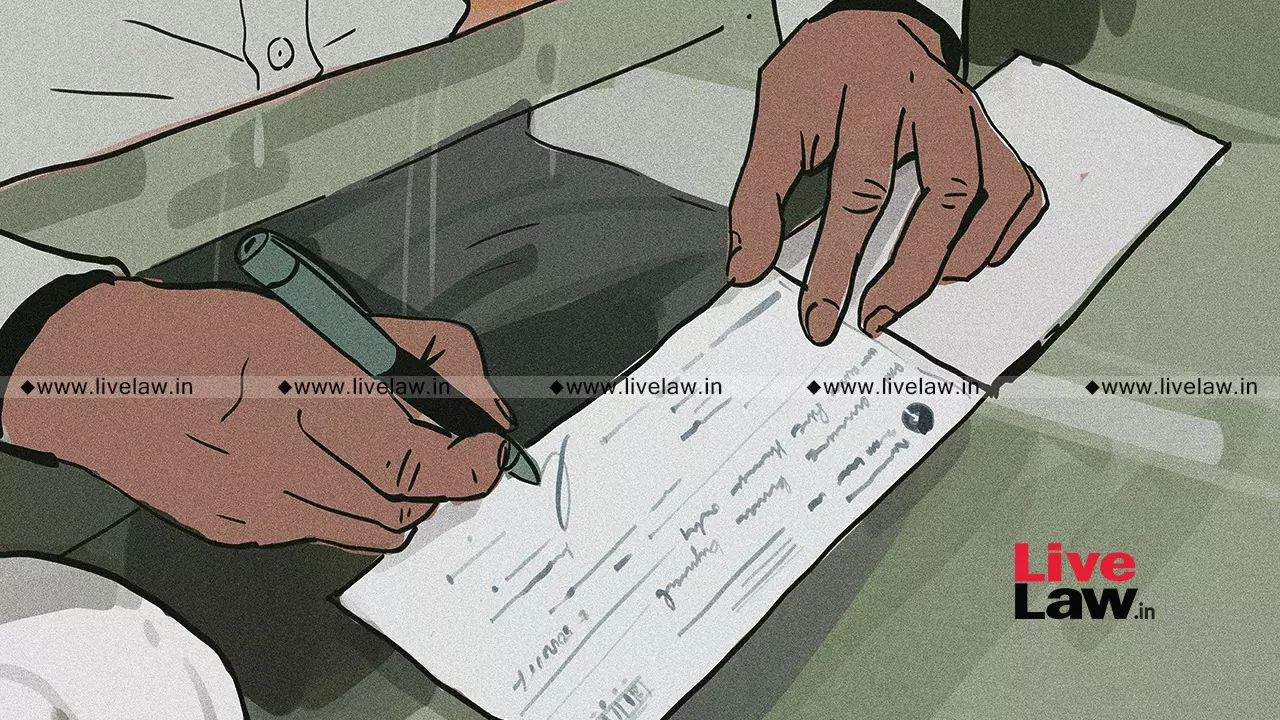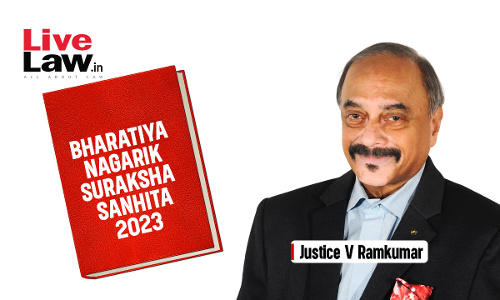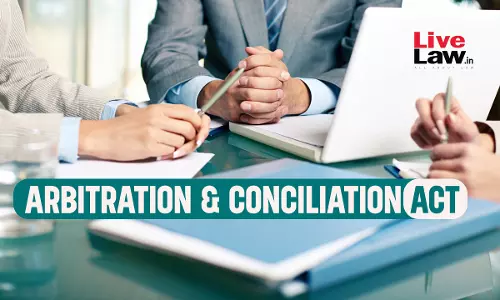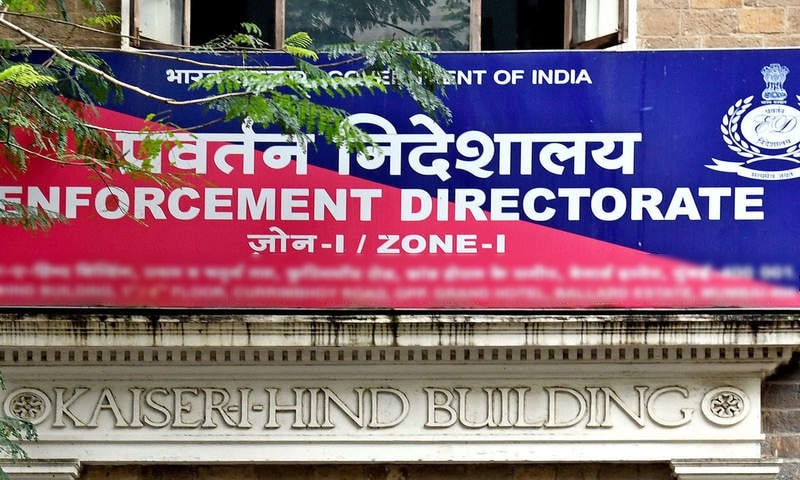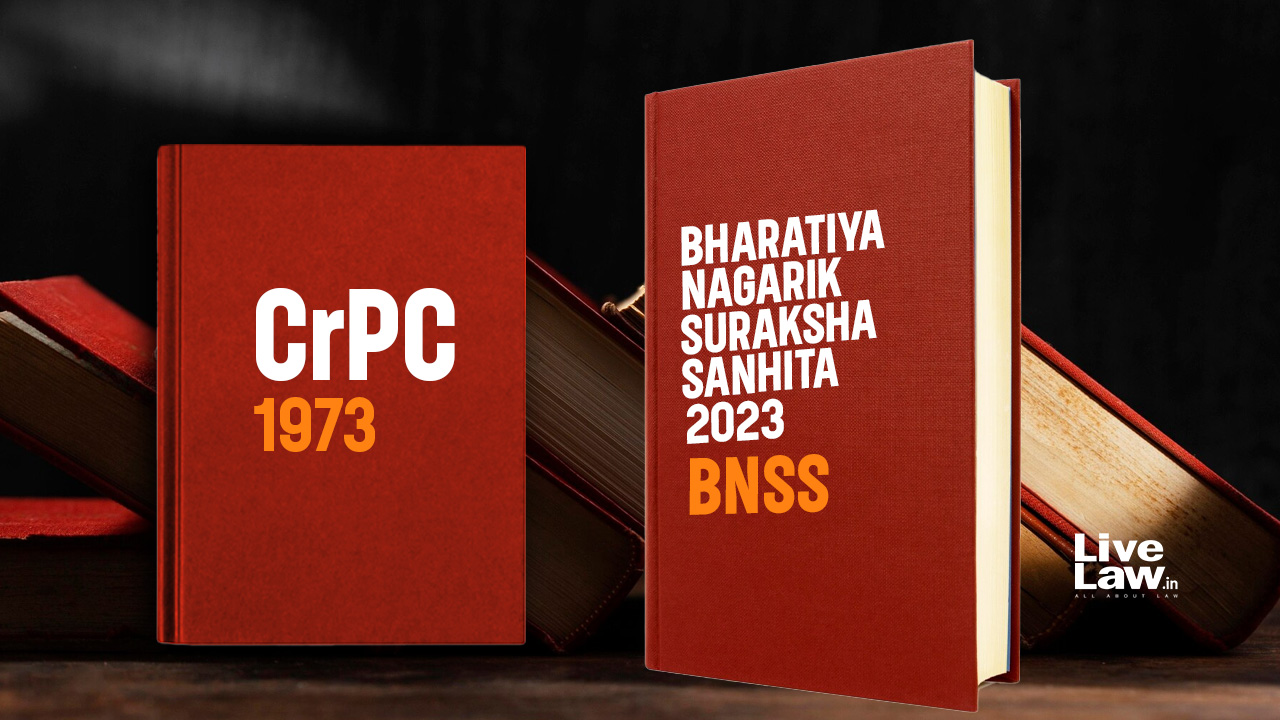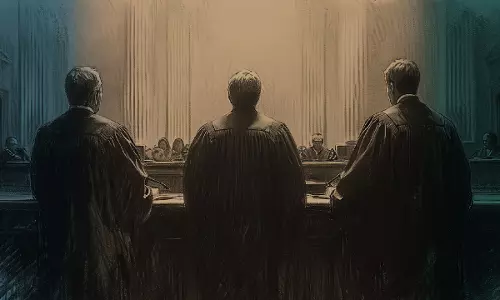Articles
Does The First Proviso to Section 223(1) of the BNSS Apply to An offence Under Section 138 of the N.I. Act?
Sections 200 to 203 of the Code of Criminal Procedure, 1973 (for short 'the Code') deal with “Complaints to Magistrates”. These provisions now stand replaced by Sections 223 to 226 of the Bharatiya Nagarik Suraksha Sanhita, 2023 (for short 'BNSS').The controversial provisionSection 223(1) of the BNSS states that, a Magistrate having jurisdiction while taking cognizance of an offence...
Rethinking American Citizenship: Why America Needs Doctrine Of Basic Structure
Since the recent second win of Donald Trump as the President of the United States of America, his reasons to be in the news are more than just a few. The American President, after the swearing ceremony issued an executive order to put an end to birthright citizenship as part of his long-committed anti-immigration policy.On January 20, 2025, immediately after being sworn in, President...
Power Of Court To Modify An Arbitral Award – A Legal Quagmire
The issue whether courts can modify arbitral awards in exercise of their powers under Sec. 34 and Sec. 37 of the Arbitration and Conciliation Act, 1996 (hereinafter 'ACA') has been a long standing issue of debate within the legal fraternity with the presence of conflicting judgments. To put quietus to this issue, a three-judge bench of the Supreme Court consisting of Chief Justice of India...
A Flawed Law And An Equally Flawed Interpretation Of That Law
A FLAWED LAW AND AN EQUALLY FLAWED INTERPRETATION OF THAT LAW (in Basanagouda R. Patil v. Shivananda S. Patil 2024 SCC OnLine Kar.96 and Suby Antony v. JFCM-III (2025) KHC OnLine 97) In an earlier article titled “Absurdity No: 1 in the Bharatiya Nagarik Suraksha Sanhita, 2023 (“BNSS” for short)” dated 13-03-2024, I had occasion to caution that Section 223 (1) BNSS lays down...
A Social Strangulation
Irony of warnings is that they are mostly paid heed post their ignorance. Today information travels fast and social media has much to do with it. However let's look at the underbelly of this progress. Propaganda promotion, mis information web, mental health degradation, psychological manipulation of masses- ramifications are flourishing much to our ignorance. The undercurrent that connects...
Does A State Have Power To Amend Arbitration Act?
Entry 13 in the Concurrent List of the Seventh Schedule of the Constitution of India, 1950 (“the Constitution”), gives the Legislature of the States along with Parliament, the power to “make laws with respect to any of the matters” (see Article 246) set out in the entry. Entry 13 has the following subject-matter: “Civil procedure, including all matters included in the Code of...
Justice Hrishikesh Roy's Landmark Judgments : A Law Clerk's Account
Justice Hrishikesh Roy demitted office on 1.2.2025 after serving for over 5 years as a judge of the Supreme Court of India. Justice Roy's wit, ever-smiling demeanour and encouragement for juniors is well-known but much remains to be said about the judgments and the individual- on and off the bench. Considering my experience of working for a year at the office of Justice Muralidhar, I received...
"There Is Something Wrong With The ED"
"Something is rotten in the state of Denmark" is a famous line from William Shakespeare's play Hamlet. Today, one might be tempted to apply this line to India's premier agency for investigating the offence of money laundering, the Enforcement Directorate [ED], which is responsible for investigating economic offences and financial crimes in India in view of their conduct in handling PMLA matters.The dismal state of affairs in handling the cases by ED is evident from the repeated reprimands from...
Default Bail Under BNSS: Sixty Days or Ninety Days -- The Confusion Continues
Article 21 of the Constitution of India declares that no person shall be deprived of his life or personal liberty except according to procedure established by law. The right to default bail is part of the procedure established by law under Article 21 of the Constitution. It is, therefore, not merely a statutory right but a fundamental right granted to an accused person.1Clause (a) of the...
An Unavoidable Conundrum in Section 360 Of BNSS [Withdrawal From Prosecution]
AN AVOIDABLE CONUNDRUM CREATED BY THE DEVIATION MADE IN CLAUSE (II) OF THE PROVISO TO SECTION 360 BNSS FROM CLAUSE (II) OF THE PROVISO TO SECTION 321 Cr.P.C. Section 360 of the Bharatiya Nagarik Suraksha Sanhita, 2023 (“BNSS” for short) dealing with “Withdrawal from Prosecution” corresponds to Section 321 of the now repealed Code of Criminal Procedure, 1973 (“Cr.P.C.”...
Taking Simplicity Seriously: An Alternative Approach To Plain Writing In Judgments
On the 4th of March in 2008, an attorney appeared for the appellants in the US court of appeals for the fifth circuit. Seeking relief for a breach of contract from the employer, the bench posed routine questions to him. However, when asked about a particular case, he replied, 'I don't know [the case] Morgan, Your Honor.' When the judge asked him if he tried to read the case, the...
Accusing Judge As Corrupt In Open Court, Does It Not Lower Image Of Judiciary?
Recently, I went through a judgment delivered by the Bombay High Court in the matter of S.B. Patil Versus Manubhai Hargovandas Patel, Criminal Reference No.5 of 2024 decided on September 3, 2024 (reported in 2024 SCC OnLine Bom 3609). Finding the judgment erroneous and contrary to law on the face of it, I collected the record of the reference and was further shocked to note the glaring errors...



